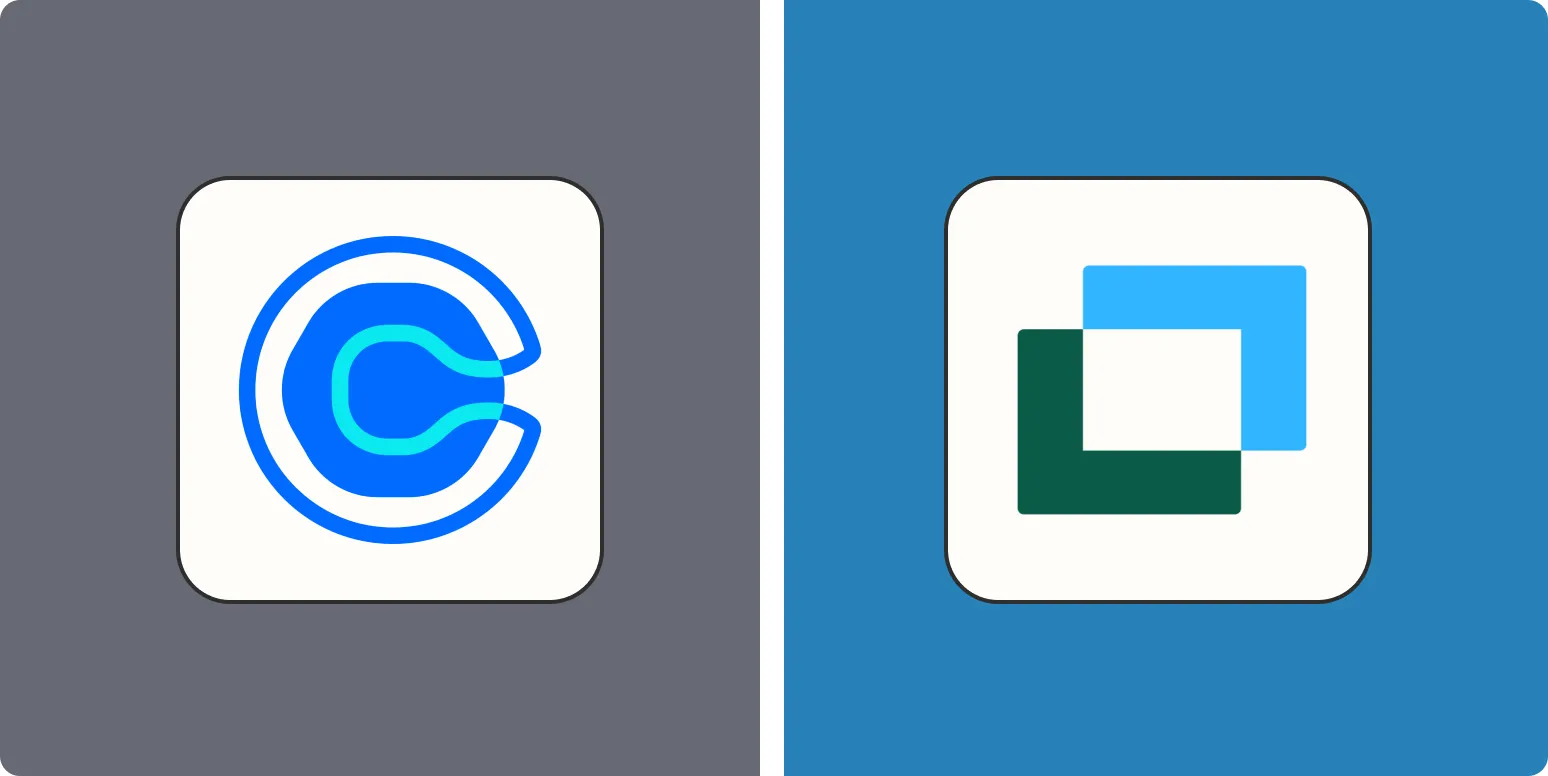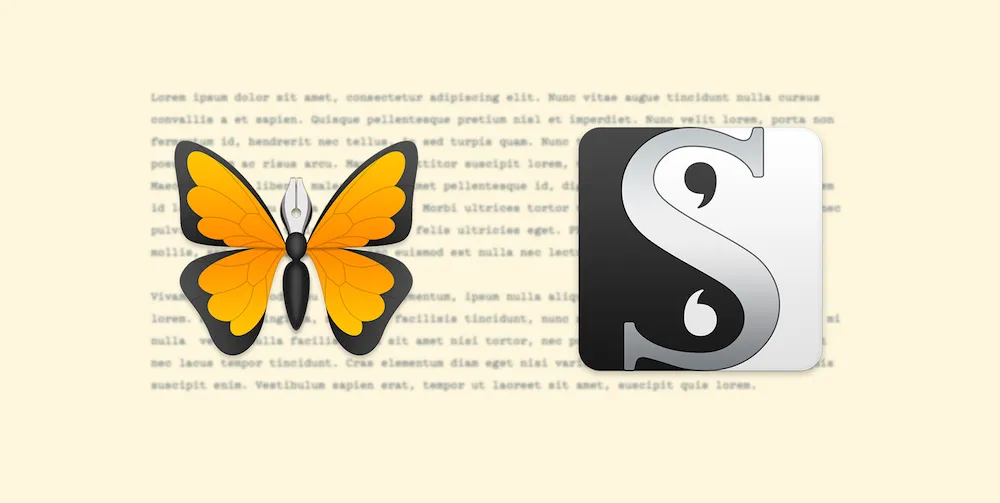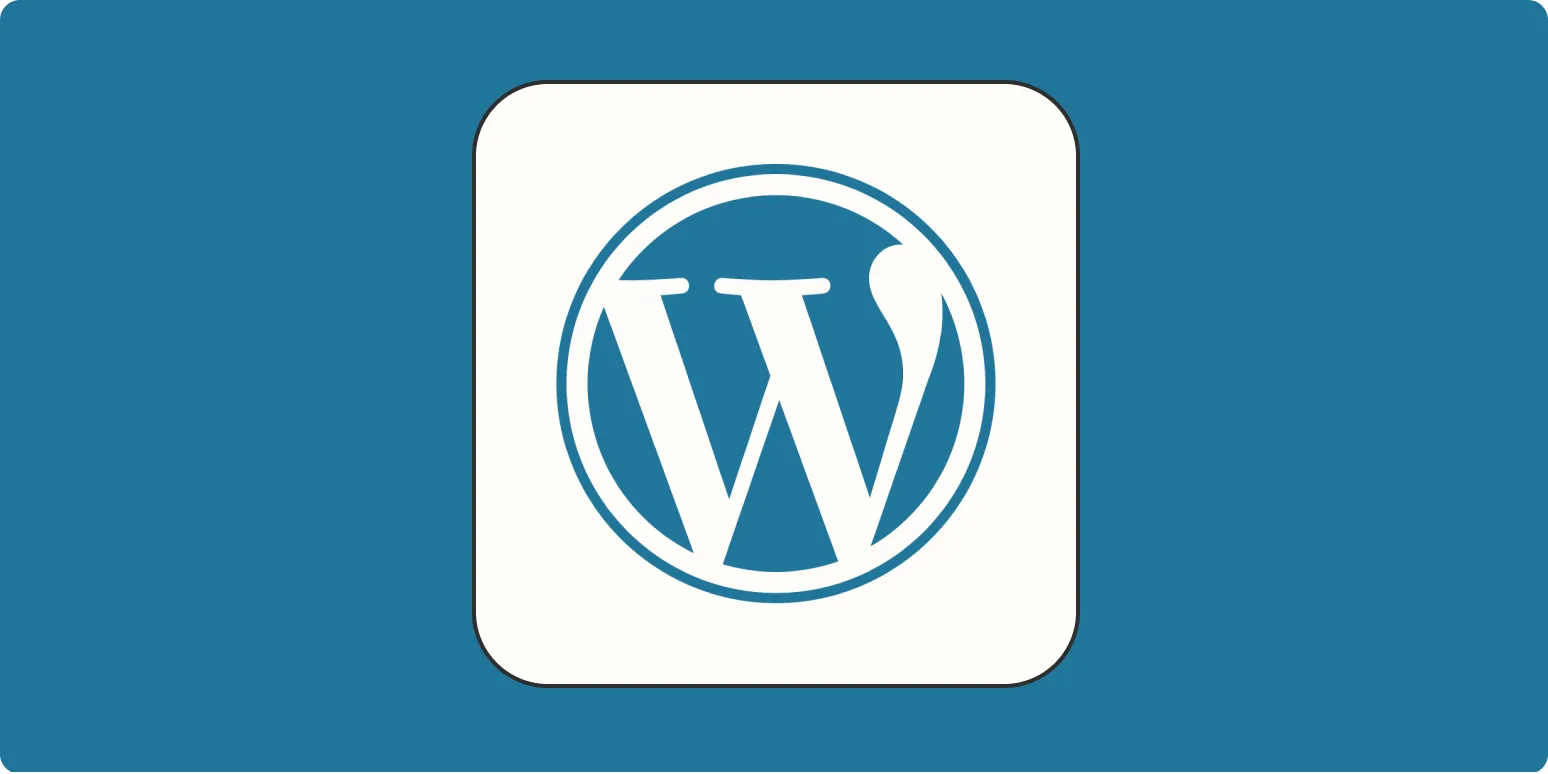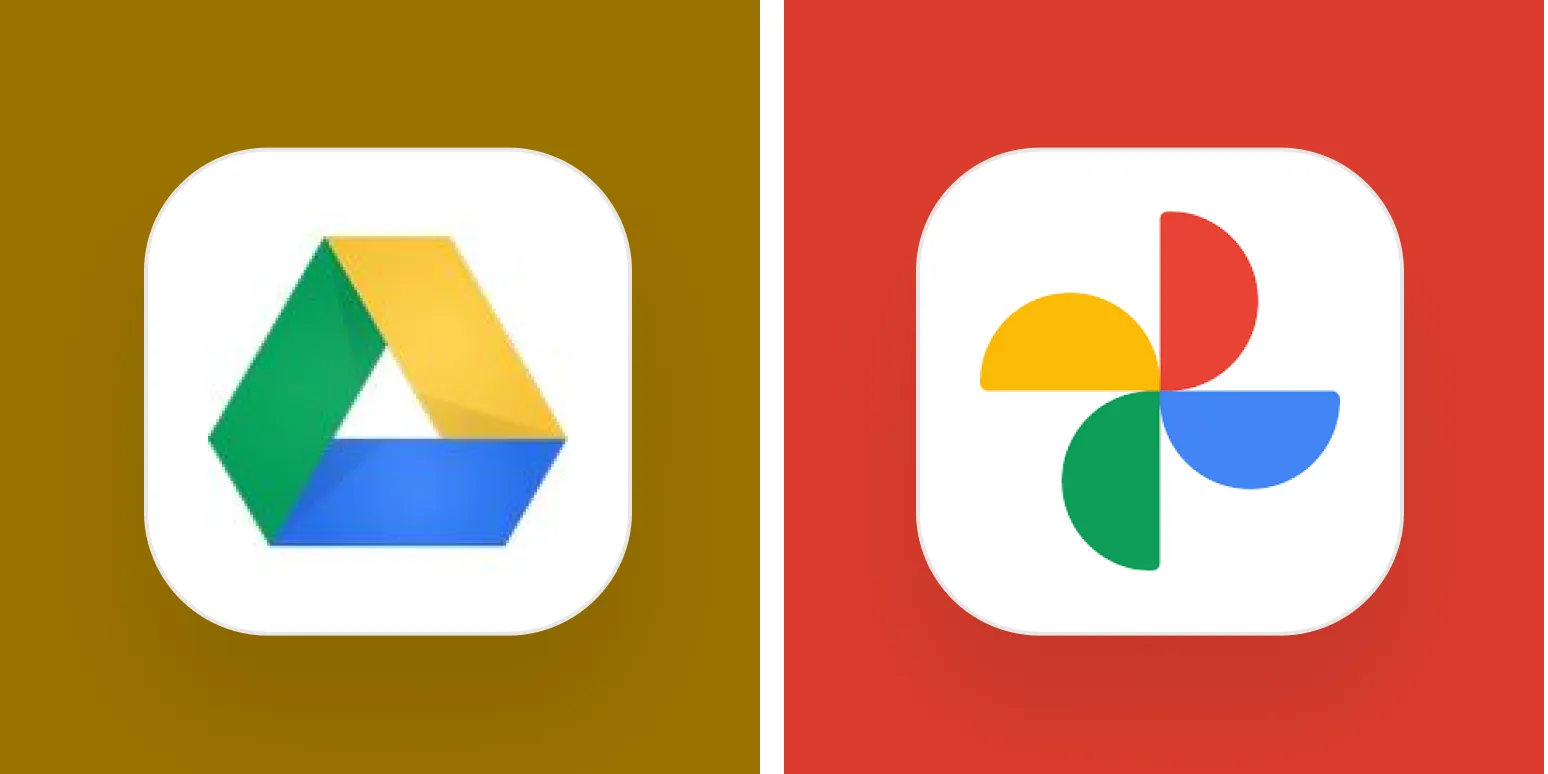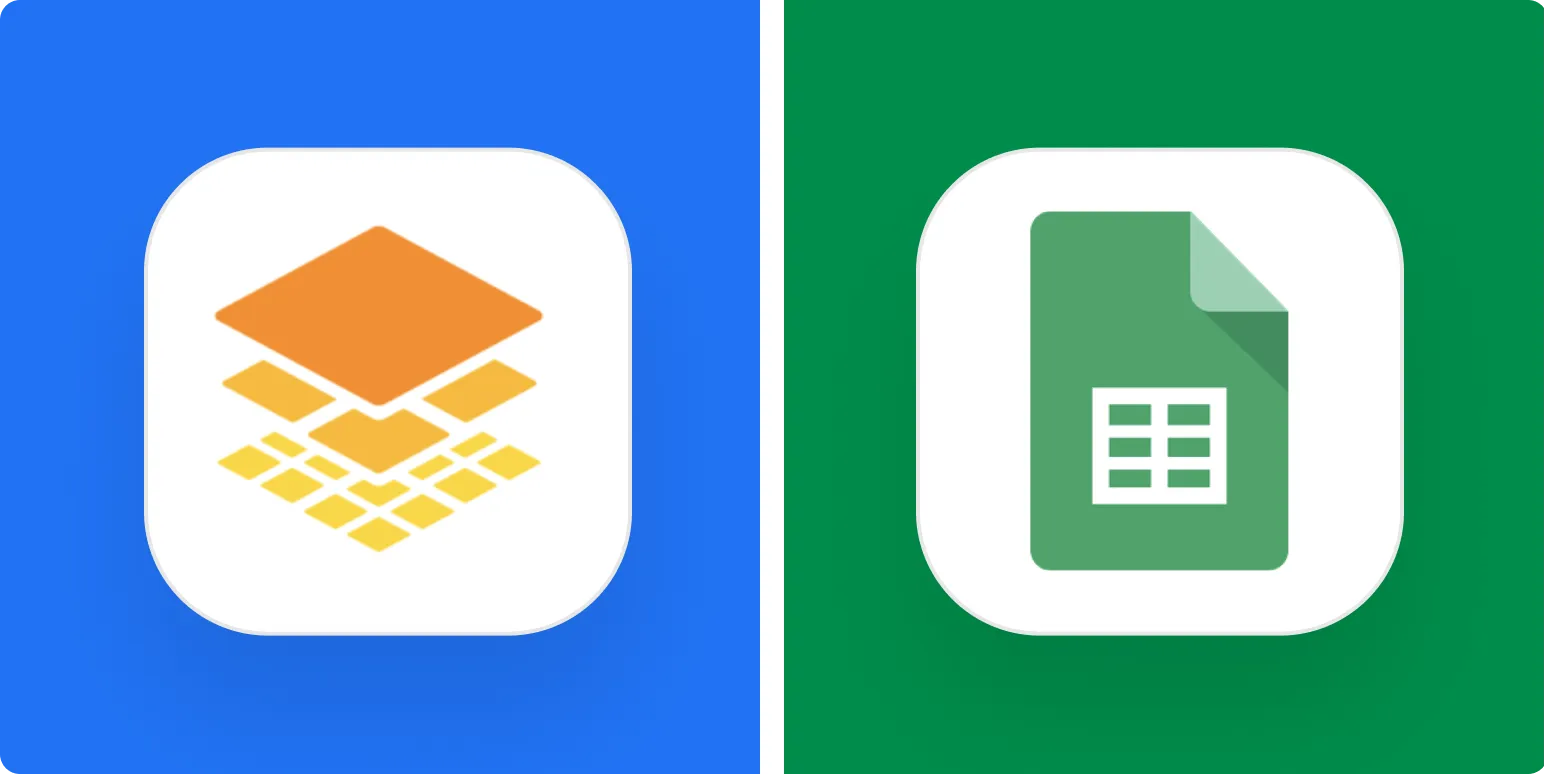Understanding Calendly and Doodle
When it comes to scheduling meetings and appointments, two names often come up: ''Calendly'' and ''Doodle''. Both tools offer unique features tailored to different user needs. Choosing the right one can significantly impact your productivity and ease of scheduling. Let's dive into a detailed comparison of these two popular platforms.
Key Features Comparison
| Feature | Calendly | Doodle |
|---|---|---|
| Ease of Use | Intuitive interface, easy to set up | Simple poll creation for group scheduling |
| Integrations | Integrates with Google Calendar, Outlook, Zoom, etc. | Integrates with Google Calendar, Outlook, and various other calendars |
| Customization | Highly customizable meeting links and settings | Limited customization options, mainly focused on polls |
| Group Scheduling | Supports group scheduling with specific availability | Excellent for group scheduling with poll options |
| Pricing | Free tier available; paid plans offer advanced features | Free tier available; premium features require payment |
Ease of Use
Both ''Calendly'' and ''Doodle'' boast user-friendly interfaces, but their approaches differ. Calendly provides a more straightforward setup process. Users can create personalized links that allow others to schedule meetings based on their availability. This feature is particularly beneficial for professionals or businesses that need to manage multiple appointments efficiently.
Doodle, on the other hand, shines in group scheduling scenarios. Its poll feature lets users propose multiple time slots, making it easier for groups to agree on a meeting time. This can be especially useful for teams that have varying schedules and need to find a common time to meet.
Integrations and Compatibility
In today's digital landscape, integration with existing tools is crucial. ''Calendly'' excels in this aspect, seamlessly connecting with various platforms like Google Calendar, Outlook, and Zoom. This means users can automatically sync their appointments across different tools, avoiding double bookings and ensuring everyone stays informed.
Doodle also offers integrations but is slightly less extensive than Calendly. While it connects with major calendar platforms, it may not have the same level of third-party integrations, which can limit its functionality in a more complex digital environment.
Customization Options
When it comes to customization, ''Calendly'' provides a significant advantage. Users can tailor their meeting types, durations, and availability settings to match their specific needs. This flexibility allows professionals to create a scheduling experience that aligns with their brand and business practices.
Doodle's customization options are more limited, primarily focusing on the poll feature. Users can set up various time slots but may find themselves constrained in terms of personalizing the experience for clients or collaborators.
Group Scheduling Capabilities
For team-oriented environments, group scheduling is essential. ''Doodle'' stands out in this regard, offering a straightforward method for teams to coordinate meetings. Users can create polls with multiple time options, allowing participants to indicate their availability. This ensures that everyone’s schedule is considered, making it easier to find a consensus.
While ''Calendly'' does support group scheduling, it is more focused on individual appointments. Users can set specific group availability, but the process is not as intuitive as Doodle's polling feature. If your primary need is to manage group meetings efficiently, Doodle may be the better choice.
Pricing Structures
Both ''Calendly'' and ''Doodle'' offer free tiers, making them accessible to a wide range of users. However, their pricing structures diverge when it comes to advanced features. Calendly’s paid plans provide extensive functionalities, such as automated workflows, which can be invaluable for businesses looking to optimize their scheduling processes.
Doodle also provides premium features under its paid plans, but they tend to focus more on enhancing the polling capabilities rather than offering extensive scheduling tools. Users should consider their specific needs when evaluating which platform's pricing aligns better with their requirements.
Final Thoughts: Which Should You Use?
However, if your primary focus is on facilitating group scheduling and you value an easy-to-use polling feature, Doodle may be the better option. Consider your workflow and team dynamics to make an informed decision that will enhance your scheduling efficiency.

